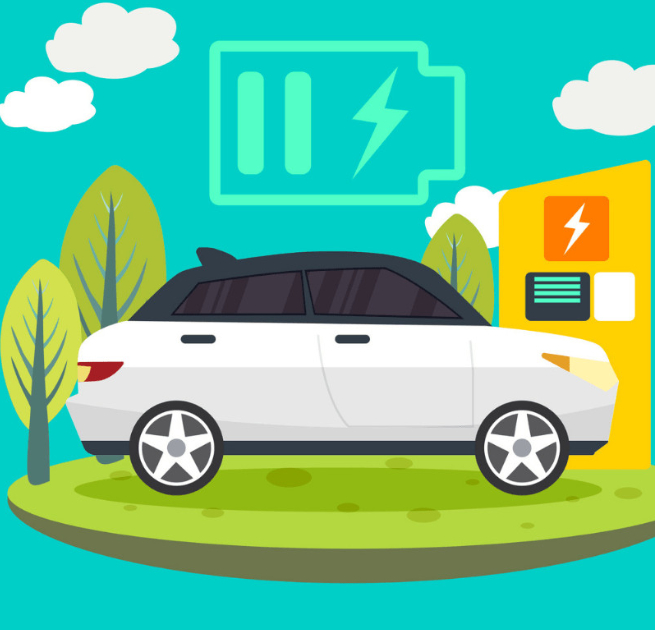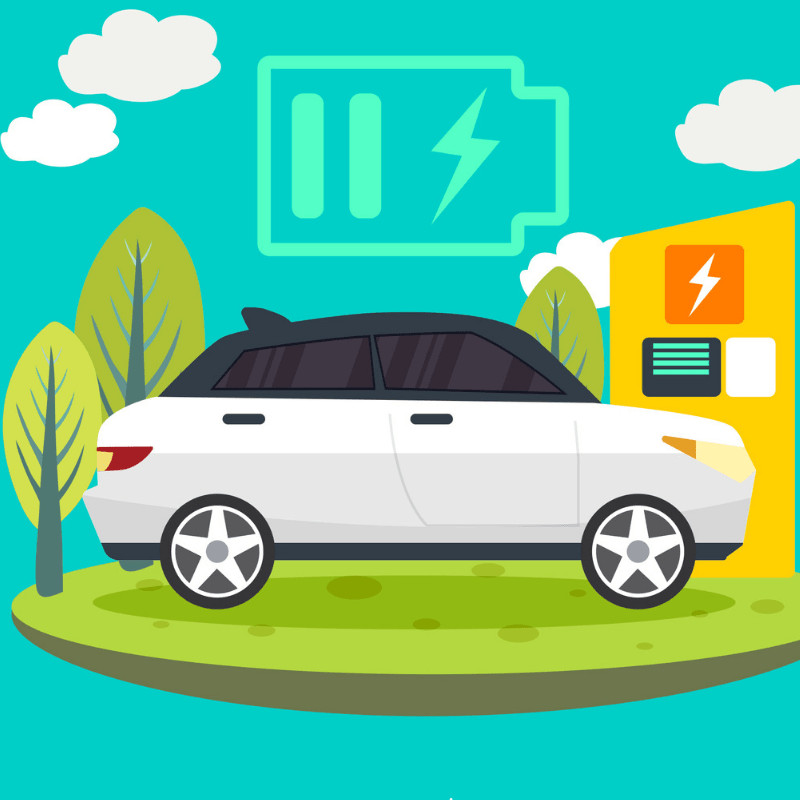 Every business today is expected to focus on being a viable venture in the future too. One of the challenges Mobility sector faces today is that it is a significant contributor to Co2 Emissions. According to media reports, India can bring down carbon emissions by 37% in 2030 by pursuing a shared, electric, and connected mobility future. Individually, each e-bike can save approximately 350 kg of CO2 emissions a year and an e-car can save up to 28 tonnes (even accounting for emissions from electricity generation) (Source: Hindu Business Line story published on 15th July 2019)
Every business today is expected to focus on being a viable venture in the future too. One of the challenges Mobility sector faces today is that it is a significant contributor to Co2 Emissions. According to media reports, India can bring down carbon emissions by 37% in 2030 by pursuing a shared, electric, and connected mobility future. Individually, each e-bike can save approximately 350 kg of CO2 emissions a year and an e-car can save up to 28 tonnes (even accounting for emissions from electricity generation) (Source: Hindu Business Line story published on 15th July 2019)
While we at Janani strive on providing “Safe and Comfortable Travel” to each of our customers every day, we have been evaluating on ways to become more environment friendly continuously. With more and more power generated coming from renewable sources, Electric Vehicles are an excellent opportunity for us to reduce End of Pipe Pollution and overall adopt measures to an environment friendly tomorrow. India’s dependence on crude oil imports in value terms has grown 50,000 times between 1998-99 and 2018-19. In this direction the induction of 25 Tata Tigor’s on 17th June opens a glorious new chapter in our 24 years journey which is catering to five of our existing customers for employee transportation. We look forward to have 1000 EVs in our fleet by early 2020. Our adoption of EVs will make a small but very useful dent in reducing our overall imports and reduce external dependency on crude oil.
A significant challenge for operators like us to adopt EVs has been the lack of charging infrastructure. As technology makes leaps and bounds in giving us larger range for each charge, it is still not enough for our long routes and delays due to traffic jams. Thankfully, Government also has earnestly begun in pushing for more charging stations. The proposed 100 stations in Bengaluru will be in addition to the 112 that are expected to become operational by August this year. (Source: “Bescom plans 650 e-vehicle charging stations”, Times of India story published on 16th June 2019)
Unlike petrol or diesel refuelling stations, EV recharge stations can be modularized for different sizes of fuelling stations and can be done in much smaller plot sizes. Combining them with IoT enabled charging station availability information will help us plan recharges in such a way to significantly reduce passenger discomfort. Our technology team is constantly learning from our existing EV fleet and we look forward to making our EV travel as predictable and enjoyable as the conventional petrol and diesel vehicles.
We look forward to your ideas and suggestions to make our offerings meaningful to our customers and friendly to our planet. Write to us with your valuable suggestions and inputs.


Comments are closed.